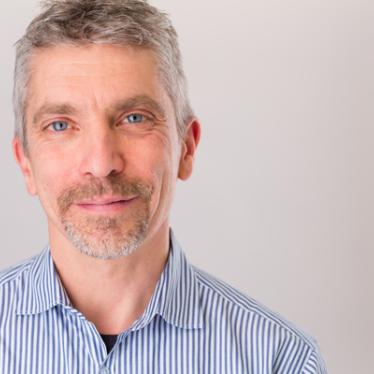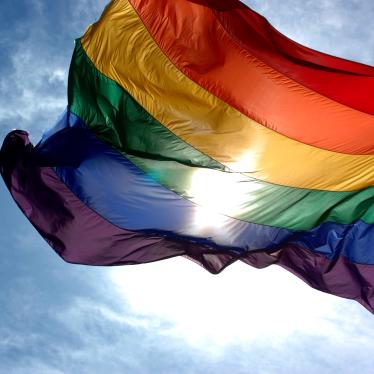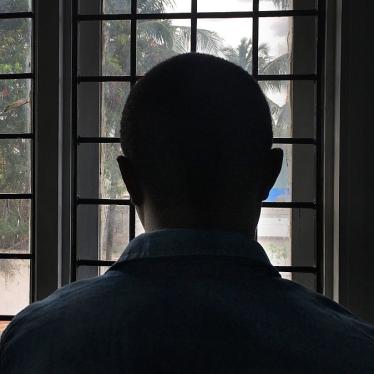In sub-Saharan Africa, countries with strong independent judiciaries have tended to fare better when it comes to upholding LGBTQ rights.
At the same time, politicians in some countries have enacted extreme laws that go beyond prohibiting sexual practices to curtailing the expression of LGBTQ identities. Across the continent, politicians continue to harness animosity towards sexual and gender minorities for political gain.
In 2019, the Botswana High Court decriminalized same-sex conduct between consenting adults. In doing so, Botswana joined neighbouring South Africa, where courts struck down a sodomy law as unconstitutional in 1998, and Lesotho, which dropped a prohibition on gay sex in its revised penal code in 2012, as did Angola in 2021 and Mozambique in 2015. Following the Botswana judgment, Monica Geingos, Namibia’s first lady, called for the repeal of Namibia’s dormant sodomy law.
South Africa has led the way
South Africa has led the way in the region, with constitutional protection against discrimination based on sexual orientation and gender identity. But the government has had to establish an interdepartmental agency to combat high levels of violence against LGBTQ people, which community groups say has been inadequate.
Against this uneven progress in Southern Africa, East Africa shows signs of regression.
In Burundi in March, police arrested 24 delegates at a seminar on entrepreneurship and charged them with ‘homosexuality and incitement to debauchery and prostitution’. In May, Ugandan President Yoweri Museveni signed into law an extreme anti-LGBTQ bill that includes the death penalty for repeat offenders, 20 years in prison for activists and a ban on any information on gay issues.
In a victory for freedom of association in Kenya, the Supreme Court ruled in February that an LGBTQ group had the right to register. But the decision led to an outcry by some religious leaders and politicians. President William Ruto instructed his attorney general to challenge it.
In Tanzania, politicians have called for even harsher punishments than the current 30 years to life in prison for same-sex conduct. In February, Samia Suluhu, the country’s president, warned against ‘imported cultures’ with reference to LGBTQ rights, using rhetoric common among politicians in East Africa seeking to vilify sexual and gender minorities.
A surprising turn
In West Africa, Ghana, once known for moderation on these issues, took a surprising turn, arresting 21 people attending a human rights conference in 2021 and debating extreme legislation that, if passed, would effectively prohibit the expression of LGBTQ identities.
Nigeria has a law that forbids the public expression of ‘same-sex amorous’ relations, which can be used to intimidate and blackmail LGBTQ people. Cameroon actively enforces its criminal code, which outlaws same-sex relations.
Public demonstrations against homosexuality organized by religious leaders in Senegal in 2022 fuelled anti-LGBTQ sentiment. Asked about the prospects for decriminalization, President Macky Sall said in 2021: ‘This is not possible because our society does not accept it.’ He added: ‘Society will evolve, it will take as long as it takes.’
Gabon has evolved: in 2020 the government threw out a 2019 law that prohibited same-sex relations.









